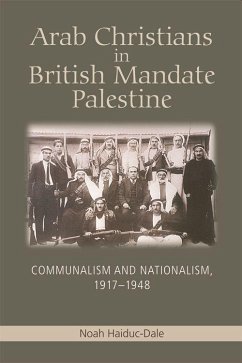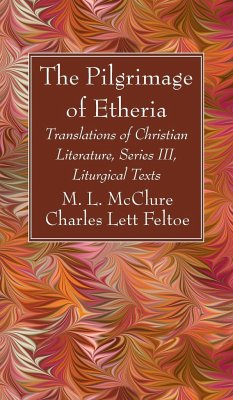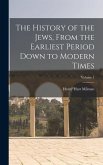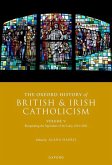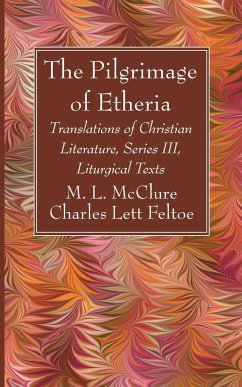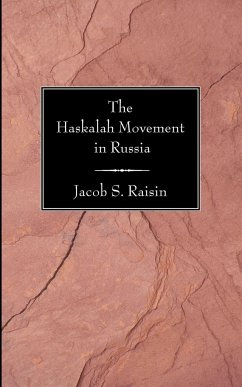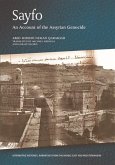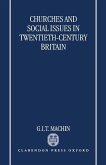AUTHOR APPROVED Explores the relationship between Arab Christians and the Palestinian nationalist movement from 1917 to 1948 Recent conflict in the Middle East has caused some observers to ask if Muslims and Christians can ever coexist. History suggests that relations between those two groups are not predetermined, but are the product of particular social and political circumstances. This book examines Muslim-Christian relations during an earlier period of political and social upheaval, and explores the process of establishing new forms of national and religious identification. Palestine's Arab Christian minority actively engaged with the Palestinian nationalist movement throughout the period of British rule (1917-1948). Relations between Muslim and Christian Arabs were sometimes strained, yet in Palestine, as in other parts of the world, communalism became a specific response to political circumstances. While Arab Christians first adopted an Arab nationalist identity, a series of outside pressures - including British policies, the rise of a religious conflict between Jews and Muslims, and an increase in Islamic identification among some Arabs - led Christians to adhere to more politicized religious groupings by the 1940s. Yet despite that shift Christians remained fully nationalist, insisting that they could be both Arab and Christian. Key Features Tracks the history of Palestine's Arab Christians and their relationship to Palestinian nationalism Challenges the standard historiography of communalism which suggests communal identification is always in opposition to nationalist identification Refuses to stereotype Arab Christian behaviour and belief based on the actions of a few individuals Noah Haiduc-Dale is Assistant Professor of History at Waynesburg University.
Bitte wählen Sie Ihr Anliegen aus.
Rechnungen
Retourenschein anfordern
Bestellstatus
Storno

